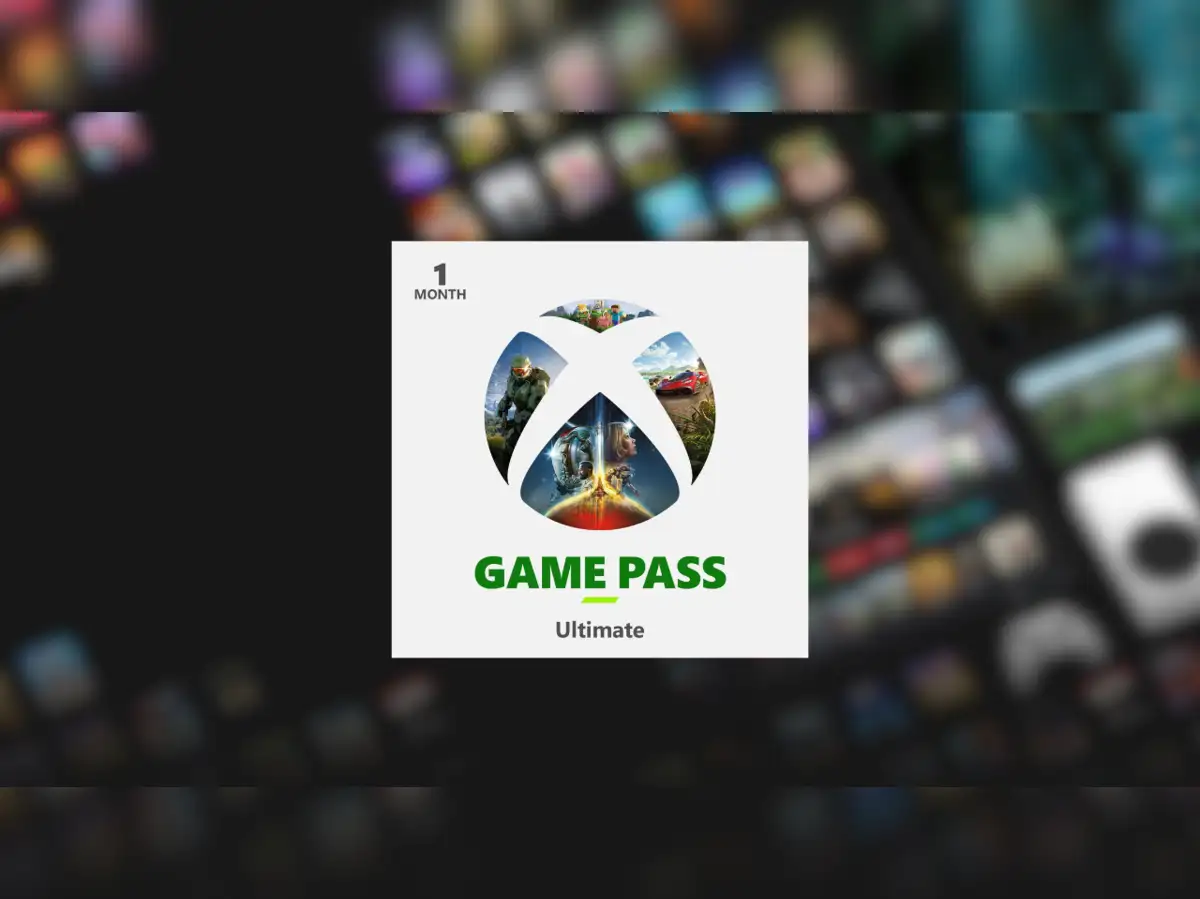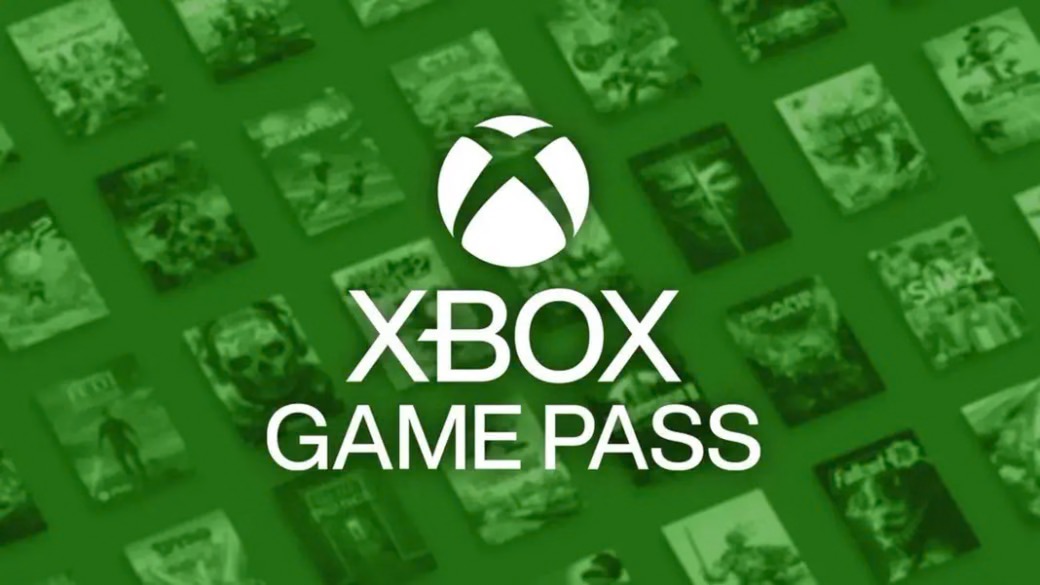In a move that has sparked relief among loyal gamers worldwide, Microsoft has announced a delay to its planned price increase for Xbox Game Pass Ultimate — but only for existing subscribers in certain international markets. The decision follows widespread criticism of the previously announced price hike and highlights Microsoft’s effort to strike a balance between business growth and user satisfaction in an increasingly competitive subscription-based gaming industry.
The price hike, originally scheduled to take effect globally this month, would have raised the cost of Xbox Game Pass Ultimate by up to 50% in some regions. While new subscribers will still see the new pricing rolled out as planned, Microsoft will hold off on charging the higher rate to current subscribers in several countries — as long as they maintain active, auto-renewing subscriptions.
Who’s Affected by the Delay?
The delay applies to existing Game Pass Ultimate users in select markets, including Germany, South Korea, Ireland, India, and Poland. These users will continue to pay their current monthly fee for now, with no immediate changes to their billing. However, the reprieve is conditional. If a subscriber cancels their membership or fails to renew on time, they will automatically be enrolled at the new, higher rate if they rejoin.
On the other hand, subscribers in key markets such as the United States and the United Kingdom are not included in this delay. In these regions, both new and existing users will be charged the updated rate beginning this month. The company has not indicated any plans to extend the delay to additional countries.

Microsoft has also promised to provide at least 60 days’ advance notice before implementing the price increase for users currently enjoying the delay. This grace period is designed to give customers time to decide whether to continue their subscription or cancel before the new rates take effect.
Reasons Behind the Reversal
Although Microsoft has not made a formal statement detailing all the reasons behind the delay, several factors are believed to have influenced the decision.
Firstly, regional laws and consumer protection regulations likely played a role. Many countries have strict rules about how companies can alter subscription prices for existing customers, particularly if contracts are automatically renewed. Delaying the increase helps Microsoft stay compliant with these rules while avoiding potential legal challenges.
Secondly, the company may have been responding to customer backlash. News of the significant price hike led to widespread frustration among subscribers, particularly long-time users who felt blindsided by the increase. Social media criticism and concerns about value for money likely pressured Microsoft to soften the blow — at least temporarily.
Additionally, Microsoft may be using the delay as a strategic measure to retain subscribers. With competition from rival services like PlayStation Plus and emerging cloud gaming platforms, customer loyalty is more important than ever. Allowing existing users to retain their current rate — even for a limited time — could help maintain the subscriber base and reduce churn.
The Bigger Picture: A Changing Subscription Model
The Xbox Game Pass Ultimate service has grown significantly over the past few years, offering players access to hundreds of games, cloud gaming, early releases, and exclusive in-game content. As the library and features expand, Microsoft has cited increased operating costs and investment in premium content as justification for the new pricing structure.
However, the delay underscores a key challenge in today’s subscription economy: delivering enough value to justify recurring costs. While many users have praised the variety and flexibility of Xbox Game Pass, others have expressed concern that the rapid expansion of services is leading to higher fees without a corresponding boost in quality or content.
By delaying the increase for existing subscribers, Microsoft has given itself more time to prove the value of the new price point. The company is expected to roll out additional games, updates, and features over the next several months in an effort to validate the cost of membership.
Impact on Subscribers
For current subscribers in the affected countries, the delay is a welcome reprieve. It allows them to continue enjoying the benefits of Xbox Game Pass Ultimate at the previous rate, provided they do not interrupt their subscription. This has prompted many users to double-check their billing settings to ensure that auto-renewal remains active.
For new customers, however, the new pricing takes effect immediately. This could discourage sign-ups in the short term, particularly in price-sensitive regions. Some users may opt to subscribe to lower-tier plans or explore alternative gaming services until they see more compelling reasons to upgrade to Ultimate.
Meanwhile, existing subscribers in markets where the delay does not apply may feel slighted. With no grandfathering of the old pricing, some are questioning why the company did not offer more widespread protections for loyal users. This perception of unequal treatment could create friction among the global user base.
What’s Next?
Microsoft has not ruled out further pricing changes in the future. In fact, the company is expected to continue fine-tuning its subscription offerings in response to market feedback, competitive pressure, and evolving content strategies. This may include the introduction of new tiers, more regional pricing adjustments, or bundled offers that combine gaming with other Microsoft services.

The company also faces the challenge of communicating these changes effectively. As seen with the backlash to the initial price hike, transparency and timing are crucial when rolling out updates that affect millions of users. Ensuring customers understand the reasons behind the changes — and the value they’re getting in return — will be essential for maintaining trust.
In the meantime, the delay offers a brief moment of relief for affected subscribers and a signal that Microsoft is willing to listen — at least in part — to its global gaming community.












